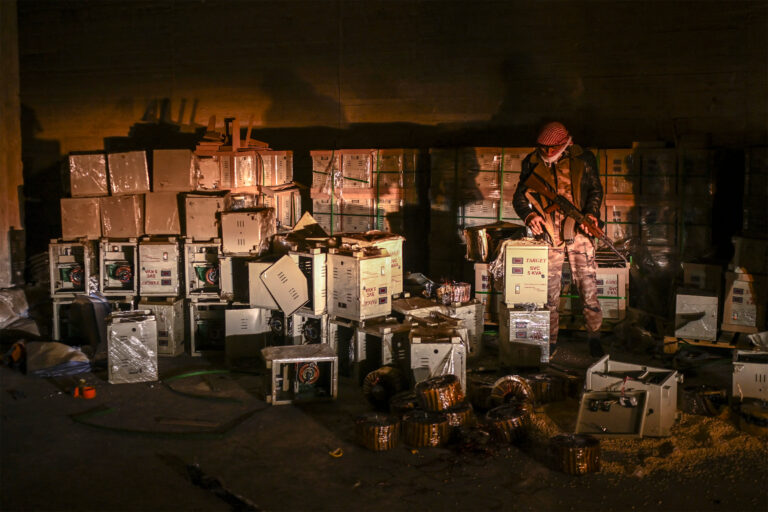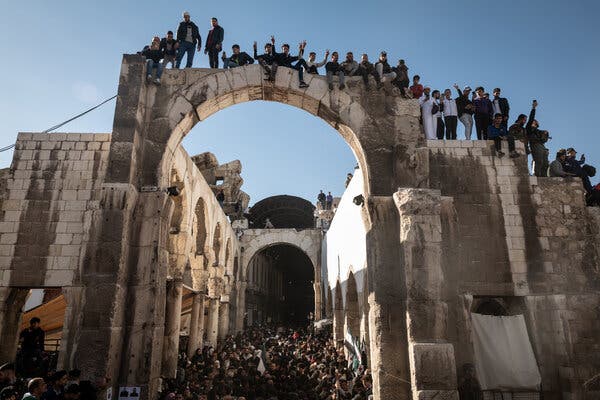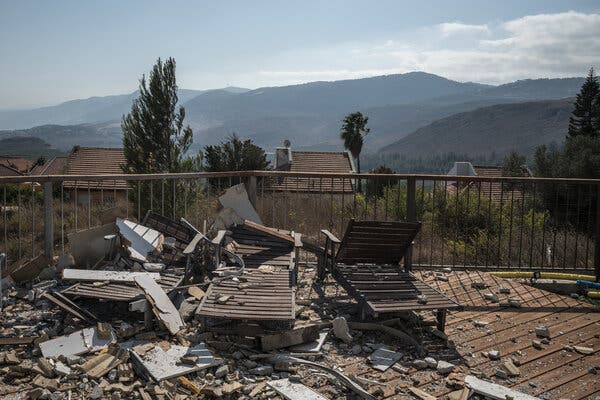Experts are at odds over the question of whether it violates the laws of war to hide explosives in wireless devices that may go off near civilians.

The exploding wireless devices that targeted members of the Lebanese armed group Hezbollah this week have set off a debate among experts in international law: Are such attacks legal?
Specifically, legal scholars and advocates are asking whether it violates the laws of war to detonate secretly installed explosives in thousands of pagers and walkie-talkies when it is virtually impossible to know who else might be in the vicinity.
At least 37 people have been killed since Tuesday and thousands of others wounded in Lebanon by coordinated explosions of pagers and walkie-talkies believed to have been booby-trapped by Israel. Those killed appear largely to have been members of Hezbollah, but also include several children.
“The explosions in Lebanon seem to have been targeted, but had heavy, indiscriminate collateral damages among civilians: children were killed,” the European Union’s top diplomat, Josep Borrell Fontelles, said in a statement condemning the attacks.
Other governments have reacted more cautiously. Secretary of State Antony J. Blinken said on Wednesday that the United States was still “gathering the facts” about the blasts.
The legal debate is complicated by the fact that while Hezbollah has blamed the Israelis for the attacks and American officials and many international experts say they are responsible, Israel itself has not publicly claimed responsibility.



